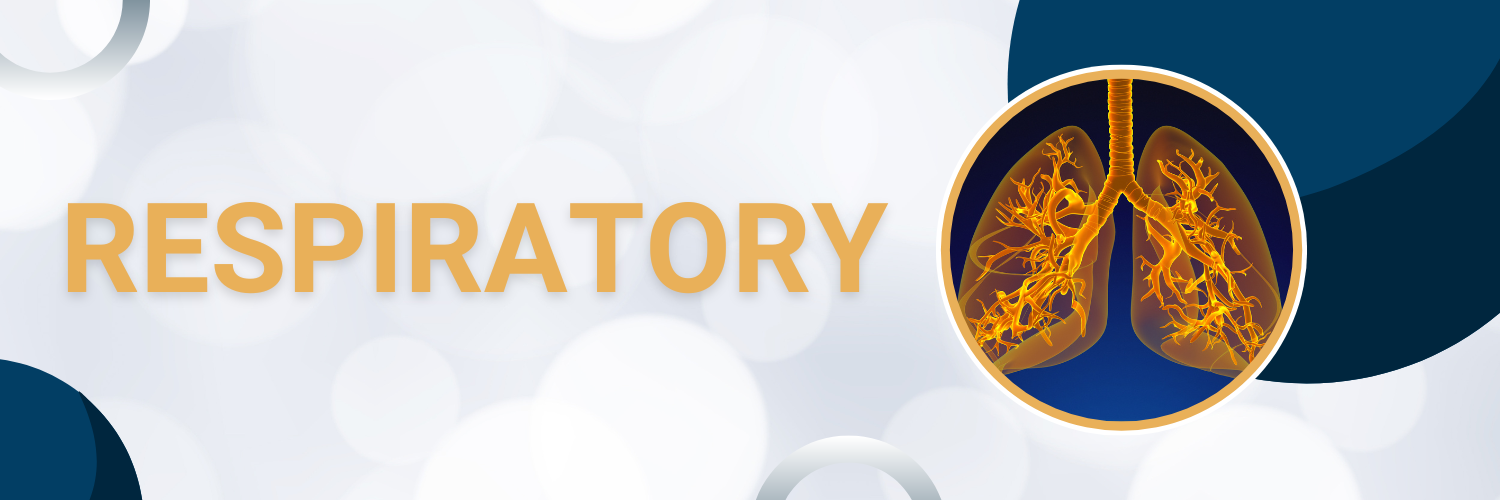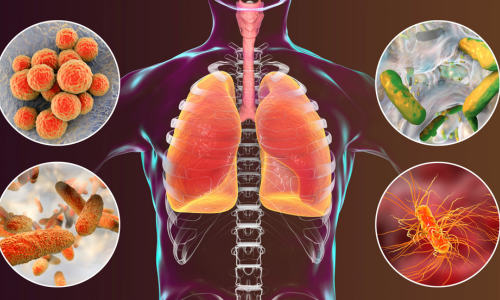

Unraveling the Mysteries of Respiratory Health: A Comprehensive Guide
Introduction:
Welcome to our comprehensive guide on respiratory health, where we delve into the intricate workings of the respiratory system, common respiratory conditions, preventive measures, and treatment options. Understanding the respiratory system is crucial for maintaining overall well-being and addressing respiratory issues effectively. Let’s embark on a journey to explore the complexities of respiration and how to keep your lungs healthy.
The Respiratory System:
The respiratory system comprises organs responsible for breathing, including the nose, mouth, throat, trachea, bronchi, and lungs. Its primary function is to facilitate the exchange of oxygen and carbon dioxide between the body and the environment. This intricate process ensures that oxygen is delivered to cells for energy production while removing carbon dioxide, a waste product, from the body.
Anatomy of the Respiratory System:
1. Nose and Mouth: Act as entry points for air, where it is filtered, warmed, and moistened before reaching the lungs.
2. Pharynx and Larynx: Part of the upper respiratory tract, involved in swallowing and vocalization.
3. Trachea: Also known as the windpipe, it carries air from the throat to the lungs.
4. Bronchi: Two main branches of the trachea that enter the lungs, further dividing into smaller bronchioles.
5. Lungs: Organs responsible for gas exchange, containing bronchial tubes and alveoli (air sacs).
6. Diaphragm: A dome-shaped muscle beneath the lungs that aids in breathing by contracting and relaxing.
Common Respiratory Conditions:
1. Asthma: Chronic inflammation of the airways, leading to recurring episodes of wheezing, coughing, chest tightness, and shortness of breath.
2. Chronic Obstructive Pulmonary Disease (COPD): A group of progressive lung diseases, including emphysema and chronic bronchitis, characterized by airflow obstruction and breathing difficulties.
3. Pneumonia: Infection or inflammation of the lungs, typically caused by bacteria, viruses, or fungi, leading to symptoms such as fever, cough, chest pain, and difficulty breathing.
4. Bronchitis: Inflammation of the bronchial tubes, often resulting from viral infections, leading to coughing, mucus production, and chest discomfort.
5. Sleep Apnea: A sleep disorder characterized by pauses in breathing or shallow breathing during sleep, often accompanied by snoring and daytime fatigue.
6. Allergic Rhinitis: Inflammation of the nasal passages due to allergic reactions to airborne substances, causing sneezing, congestion, itching, and nasal discharge.
Preventive Measures for Respiratory Health:
1. Avoid Smoking: Tobacco smoke damages the respiratory system and increases the risk of lung cancer, COPD, and other respiratory conditions.
2. Maintain a Healthy Lifestyle: Eat a balanced diet, exercise regularly, and maintain a healthy weight to support optimal respiratory function.
3. Practice Good Hygiene: Wash your hands frequently, especially during cold and flu seasons, to prevent the spread of respiratory infections.
4. Avoid Air Pollution: Minimize exposure to outdoor pollutants such as smoke, smog, and industrial chemicals, and ensure proper ventilation indoors.
5. Get Vaccinated: Immunizations against influenza and pneumonia can reduce the risk of respiratory infections and complications, especially for high-risk individuals.
6. Manage Allergies: Identify and avoid allergens that trigger respiratory symptoms, and consider allergy medications or immunotherapy under medical supervision.
Treatment Options:
1. Medications: Depending on the underlying condition, treatment may include bronchodilators, corticosteroids, antibiotics, antivirals, or antihistamines to manage symptoms and prevent exacerbations.
2. Oxygen Therapy: Supplemental oxygen may be prescribed for individuals with severe respiratory insufficiency to improve oxygenation.
3. Pulmonary Rehabilitation: A comprehensive program involving exercise, education, and support to improve lung function and quality of life in individuals with chronic respiratory diseases.
4. Surgery: In some cases, surgical interventions such as lung transplant or lung volume reduction surgery may be considered for advanced respiratory conditions.
5. Lifestyle Modifications: Quitting smoking, maintaining a healthy diet, staying physically active, and managing stress can all contribute to better respiratory health and overall well-being.
Conclusion:
Respiratory health is essential for sustaining life and enjoying a high quality of life. By understanding the respiratory system, adopting preventive measures, and seeking appropriate treatment when needed, you can safeguard your lungs and breathe easier. Remember to prioritize your respiratory health and consult healthcare professionals for personalized guidance and support. Stay informed, stay healthy, and cherish every breath.
